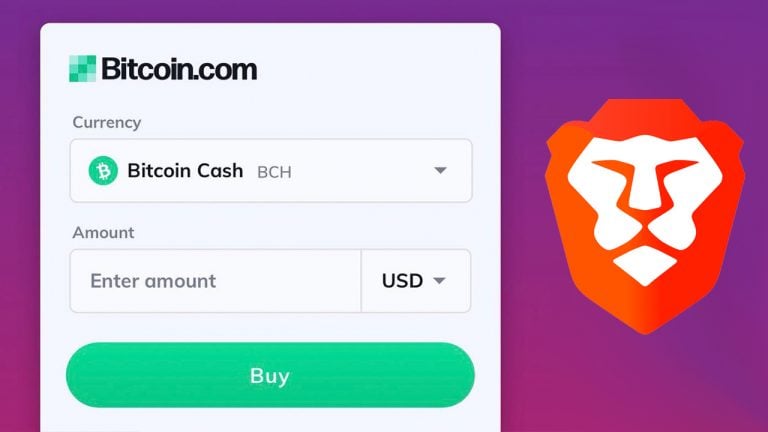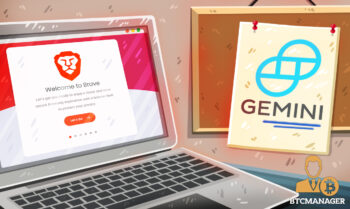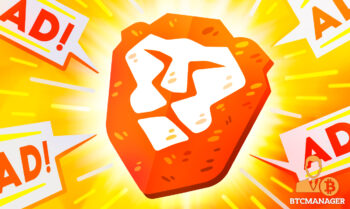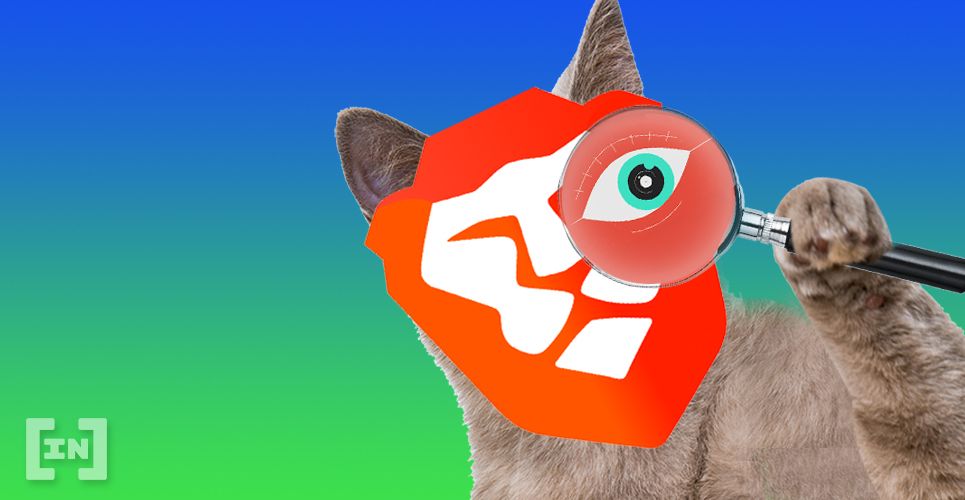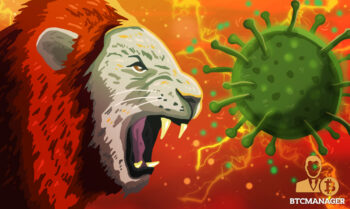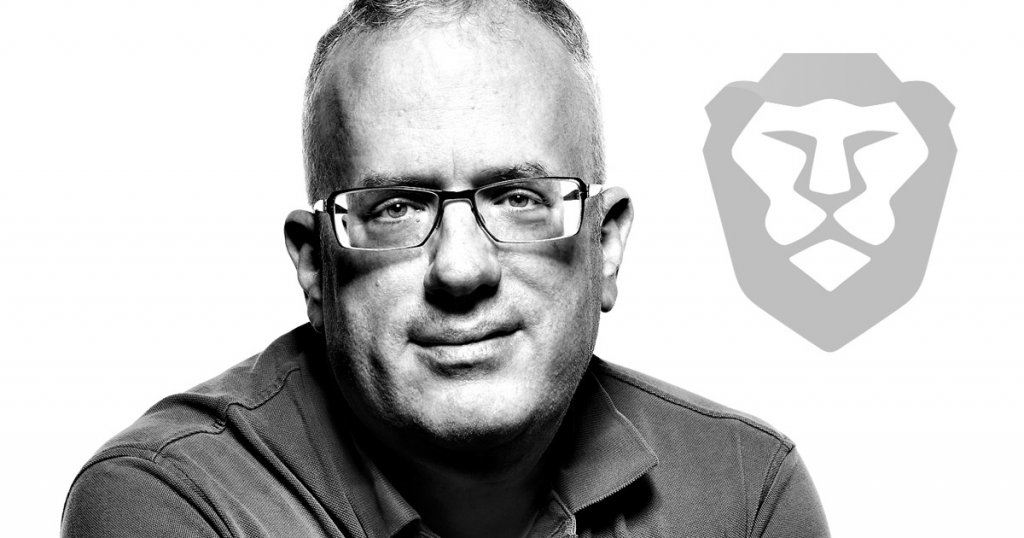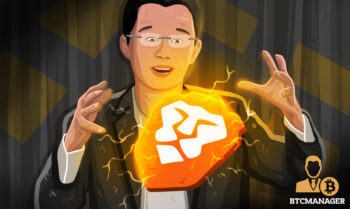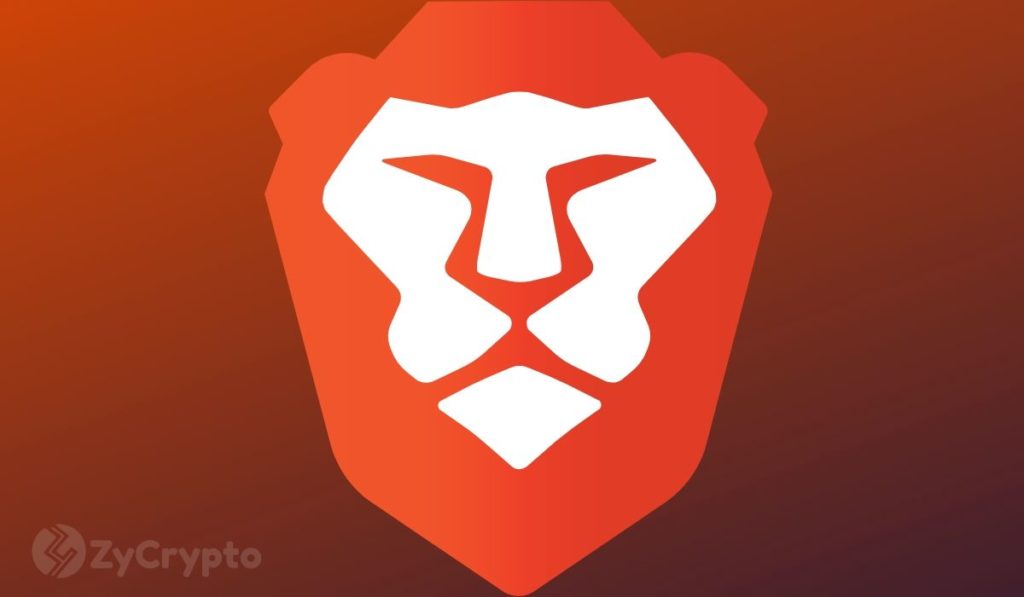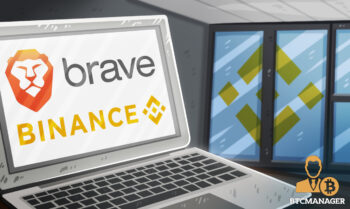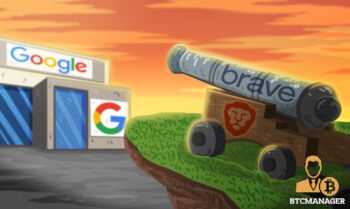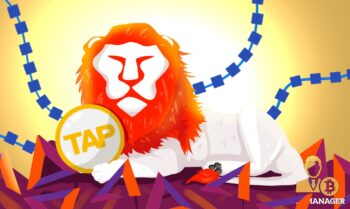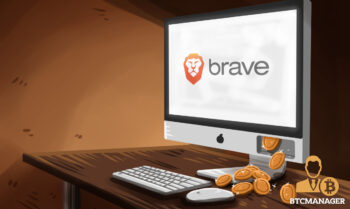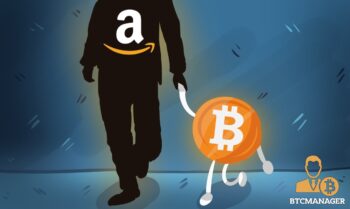
2020-12-10 23:16 |
Brave’s one of the most-used, if not the most used crypto-based projects in the world today. The firm’s browser and in-built wallet service has been downloaded over 15 million times over Android, Desktop, and iOS, and is used by millions around the world each day.
For the uninitiated, Brave is a free, privacy-focused browser that blocks all 3rd party ads and trackers. Users retain guardianship of their data and have a faster and safer browsing experience.
Integrated into the browser is a token called the Basic Attention Token (BAT). Brave created BAT as a means of accounting for user attention online. Users earn BAT while browsing, and pay BAT to publishers to access and support digital content and services.
Today, Brave Software head of marketing Des Martin sat down with Cryptonites host Alex Fazel to discuss some of the hottest topics in the crypto space, such as DeFi, Bitcoin as the future currency of the web, tokenizing the internet, and more.
Image: Brave’s Des MartinMartin worked for startups in and around England in previous roles in marketing, software, and digital acquisition roles, bringing that experience to Brave and helping to make the world more private, one browser at a time.
DeFi and dinosaur banksStarting off with DeFi, Fazel asked Martin his thoughts on the bubble-like behavior the crypto subsector was starting to show, especially with low-cap tokens surging into multi-million projects overnight and billions of dollars locked up on various DeFi protocols.
Martin, who dabbled in various vegetable tokens as part of his DeFi escapades, said that beneath the bubble was something legit—and the creation of a new industry. “Banks are dinosaurs. And I think the idea that you can replace a lot of lending with a new digital format, I think makes sense,” he said.
However, he added that the DeFi was not going to replace legacy finance anytime soon, and not in the way it was “portrayed in some of the DeFi circles.”
“You have this Cambrian explosion of people trying stuff, and you actually have to have like a thousand failures for one or two really big successes because people fail and learn and share and people, pulling a fast one. But like the booster engines on a rocket, it lifts up a small number of players but they get to change the world.”
Who owns the internet?Considering Martin’s work towards a more private internet, Fazel asked him, “Who really owns the web?”
Martin noted the ad world has almost entirely changed from its humble beginnings, in that it went from a way to connect businesses, ecosystems, and individuals to a tool of gathering information and tracking people. The adtech industry, now valued at $330 billion, is now built around websites collecting one’s information as they surf the web, without them knowing or without their permission, he noted.
“A bidding war happens with many different exchanges and brokers where they are trying to understand, can they identify you? And if they can identify you how much they know about you and how much will they pay for you? And that’s all happening in the background. It happens in milliseconds and then a series of odds are delivered and you see those odds within the page,” said Martin, adding:
“And the tragedy is that, you know, the original pioneers of the web had a very different vision in their mind. That was going to be a chance for people to come together and to use this as a resource to grow and to share ideas across the globe. But it’s been captured by a few really big players.”
Martin added the internet is starting to get to the point where we’re actually giving away maybe more than we’re getting. “I know that seems extreme. Cause we get some fantastic things from the web, but we’re giving away a loss,” he stated.
How Brave fills thatWith Brave, a user’s personal information never leaves the device, explained Martin, meaning a user’s information is never tracked by companies or other web tools and instead remains on the users’ phone. This prevents a user from being cataloged into a potential target for an advert.
The above, in turn, powers the Brave model and matches advertisers and the personal information on a users’ device.
“It’s pretty revolutionary…advertisers can reach somebody in a private setting. Users can consume ads and share in the value of any users,” Martin said.
With Brave, users can reward content creators with BAT tokens, instead of the latter group having to (understandably) placing ads to earn their livelihood. “So it’s a whole new digital economy. We’re called brave for a reason. We’re encouraging this next wave of people who want to, you know, be the pioneers, be the people who. Create a change in the web. And just by using brave, you create that change,” explained Martin.
(The above is part of an expansive interview that has been heavily edited for clarity and brevity. The entire video is available for streaming right below!)
The post Brave’s Des Martin talks Bitcoin as Web 3.0, tokenizing the web, and why banks are dinosaurs appeared first on CryptoSlate.
origin »Bitcoin price in Telegram @btc_price_every_hour
Webcoin (WEB) на Currencies.ru
|
|
